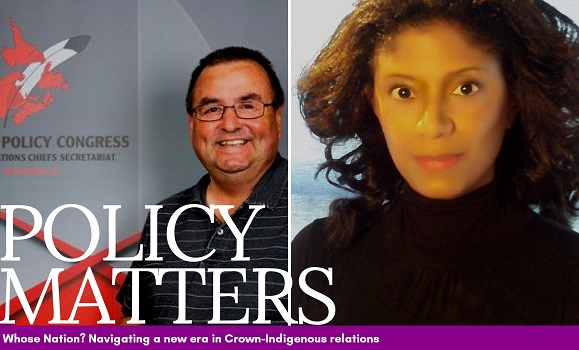Whose Nation? Navigating a New Era in Crown‑Indigenous Relations

Tuesday, October 2, 2018
12:00 pm to 1:30 pm
Room 1011, Kenneth C. Rowe Management Building
pilipiliÂţ», 6100 University Avenue, Halifax, NS
Ěý´Ą
Indigenous communities have long sought political recognition and nationhood, but only recently have the affairs and governance of Canadian Indigenous peoples been recognized for containing some of the most pressing policy questions of our time, including questions about water governance, health practices, and self-determination. In May 2016, Canada officially removed its objector status to the United Nations Declaration of the Rights of Indigenous Peoples, indicating the Crown’s intention to reset its relationship with Canadian Indigenous peoples. A new relationship, created on the principles of Nation to Nation governance, must be supported by a strong policy framework. In the coming years, Indigenous and Crown leaders will navigate through law and policy to determine how to address issues concerning resources, identity, autonomy and culture. This discussion focuses on some of the obstacles and opportunities decision-makers face as they try to reform our system of governance.
About the speaker
About the series
Policy Matters is a weekly panel discussion on major policy issues presented by the MacEachen Institute for Public Policy and Governance. Each discussion features thought leaders from civil society and focuses on one of the Institute's four research themes – Civic Engagement, Atlantic Canada and the World, Health Systems and Governance and Smart Infrastructure. Held each Tuesday from September 11 to November 6, the discussions take place in room 1011 of the Kenneth C. Rowe Management Building at pilipiliÂţ», from 12:00 pm – 1:30 pm. The events are designed to encourage public engagement with local, national and international policy issues and are open to the public.
Join the discussion on Twitter
#PolicyMatters2018


